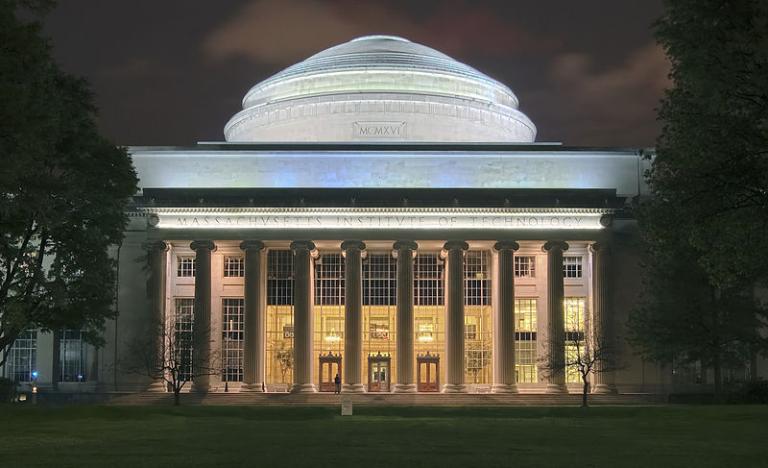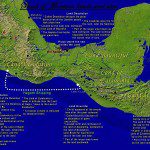
(Wikimedia Commons public domain)
Some people seem to imagine rather vaguely that, given billions of years, just about anything can and will happen by sheer random chance, including the assembly of genetic codes and the appearance of life.
This is a subject that requires some reflection.
From Gerald L. Schroeder, God According to God: A Scientist Discovers We’ve Been Wrong About God All Along (New York: HarperOne, 2009):
Stephen Hawking, in his A Brief History of Time, the most widely sold science book ever written, teaches the world about the potential power of random events to produce meaningful complex order, such as is found in a work of literature. “It is a bit like the well-known hordes of monkeys hammering away on typewriters. Most of what they write will be garbage, but very occasionally by pure chance they will type out one of Shakespeare’s sonnets.” (35)
Schroeder, who earned bachelor’s, master’s, and doctoral degrees in physics and planetary science from the Massachusetts Institute of Technology (MIT), is unpersuaded:
Let’s consider 500 grab bags each holding the 26 letters of the English alphabet. I reach into the bag blindfolded and pull out a letter. The likelihood that it will be s for the first letter of the sonnet is one chance in 26. The likelihood that in the initial two draws from the first two bags I will get an s and then an h is one chance in 26 times 26. And so for the 500 letters [of Shakespeare’s Sonnet XVIII, which begins “Shall I compare thee to a summer’s day?”]. Neglecting spaces between the words, the chance of getting [the] entire sonnet by chance is 26 multiplied by itself 500 times. That seems as if it may be a fairly big number. And it is. Surprisingly so. That number comes out to be a one with 700 zeroes after it. In conventional math terms, it is 10700, or 10 to the exponent power of 700. To give a sense of scale for reference, the known universe, including all forms of matter and energy, weighs on the order of 1056 grams; the number of basic particles (protons, neutrons, electrons, muons) in the known universe is 1080; the age of the universe from our perspective of time, 1018 seconds. Convert all the universe into microcomputers each weighing a billionth of a gram and run each of those computers billions of times a second nonstop from the beginning of time, and we still will need greater than 10500 universes, or that much more time for even a remote probability of getting a sonnet, any meaningful sonnet. Chance does not produce intelligible text and certainly not a sonnet, not in our universe. (35-36)
Posted from Laie, Oahu, Hawai’i












